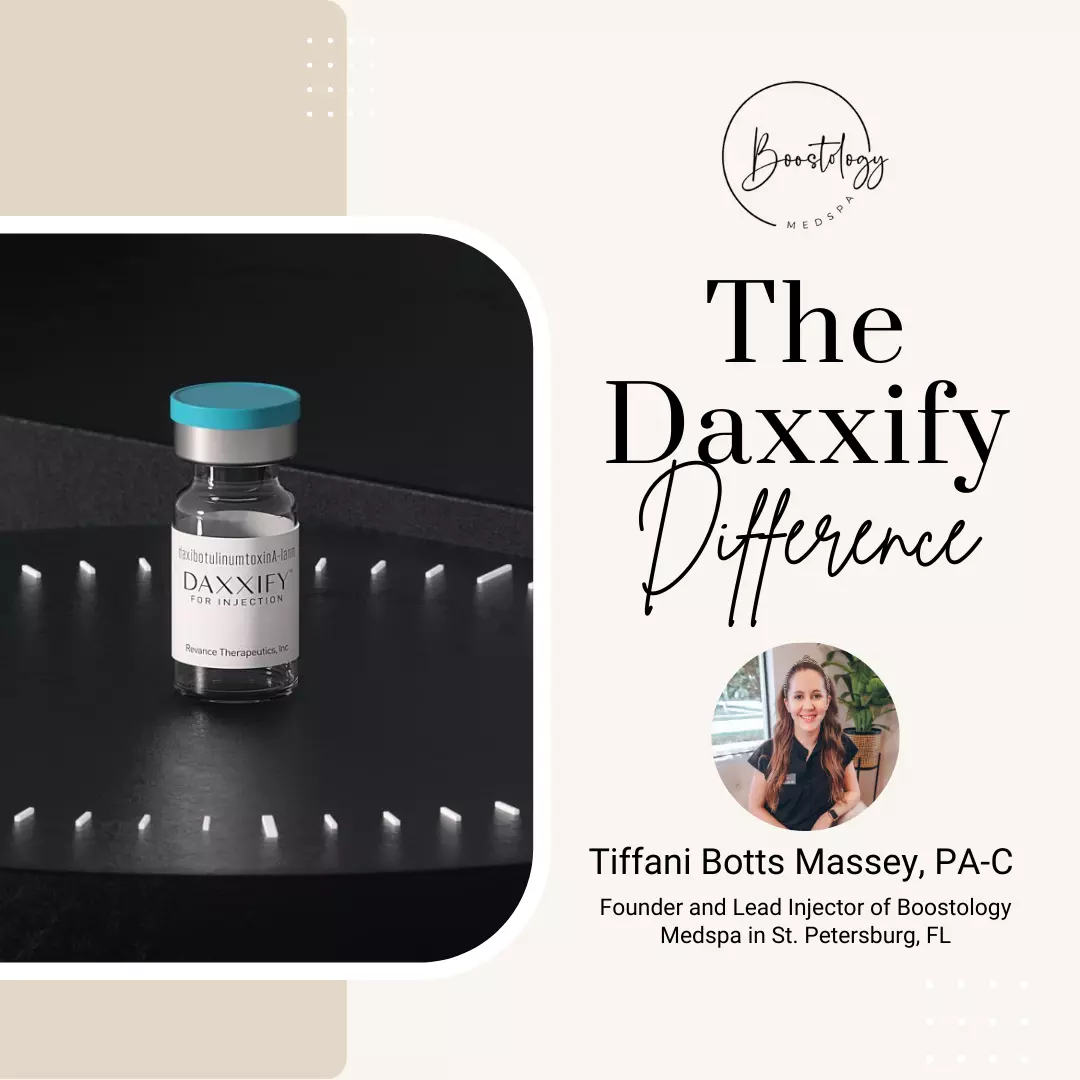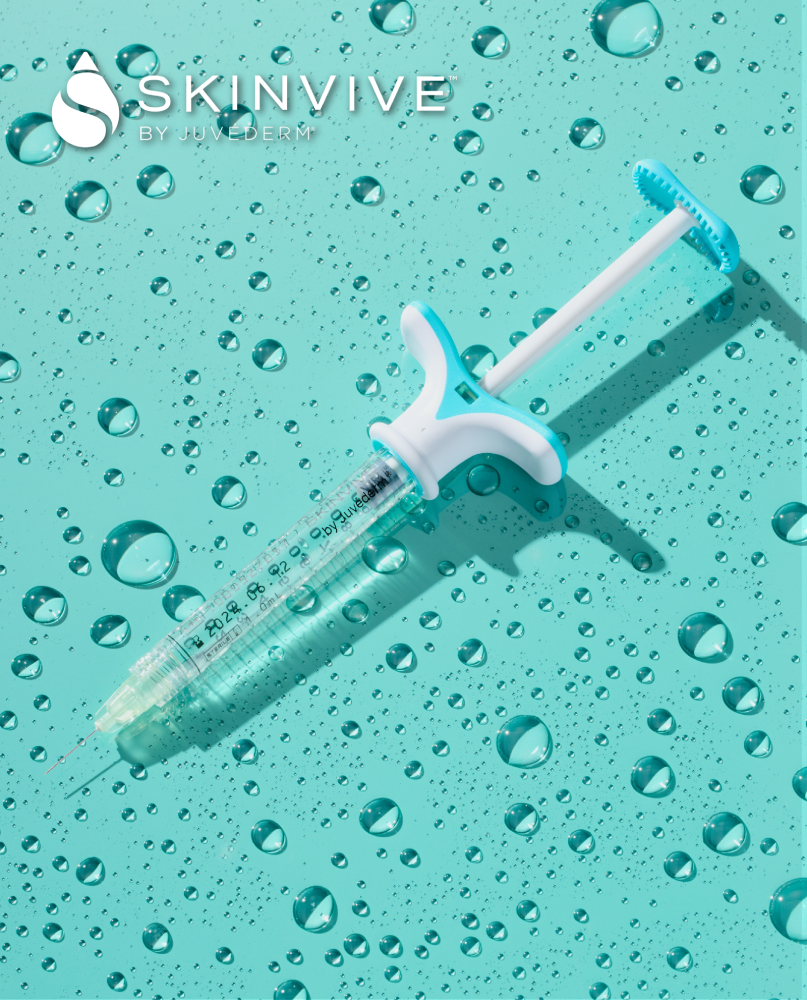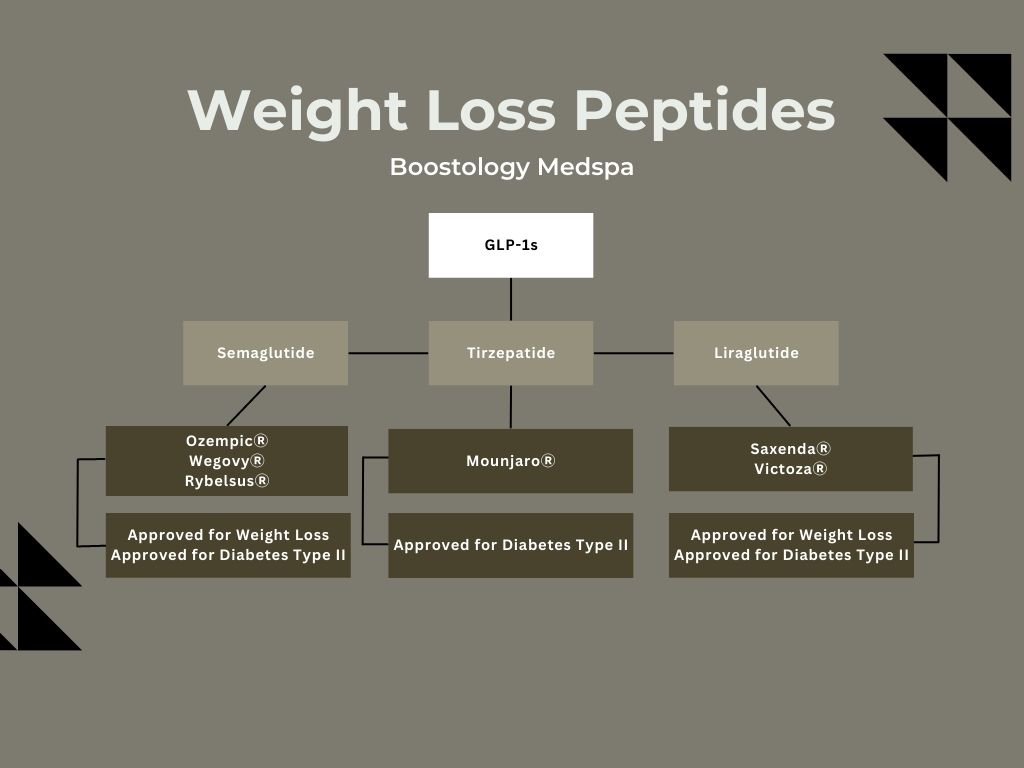Weight Loss Peptides, What Are They?
Author: Tiffani Botts Massey, PA-C
(Co-Founder of Boostology Medspa in St. Petersburg, FL)
Semaglutide. Tirzepatide. Liraglutide. Chances are you have heard these names in the last few months. Celebrities are using them (and denying it) to drop dress sizes and launch new clothing lines; which is putting size 4 body doubles out of business. But what are these “weight loss peptides”? And are they safe?
The most popular weight loss peptide is Semaglutide, which is sold under the brand name OzempicⓇ or WegovyⓇ or RybelsusⓇ. Other additions to the group include Tirzepatide, brand name MounjaroⓇ; as well as Liraglutide, brand name SaxendaⓇ or VictozaⓇ. Some of these medications were approved by the FDA to treat ‘Type 2 Diabetes’ by lowering blood sugar levels and causing weight loss, or to lower risk of cardiovascular events in patients with Type 2 Diabetes. Only a few currently hold the FDA approval for ‘weight loss’ in those with a BMI of 30 or higher (which is considered “Obese”); however they all work the same way so weight loss is achieved with ANY of them.
The peptides’ popularity for weight loss did lead to a national shortage in the availability of only the medications for those that were using their insurance to get it for a medical reason (ex: OzempicⓇ, WegovyⓇ). This led compounding pharmacies (we will touch on what those are in a separate blog post) to start creating their own formulations. When you get a medication’s generic version from a compounding pharmacy (which is what we do at my medspa Boostology in St. Petersburg, FL…. and apparently every other medspa in the country), then you do not impact national shortages because these come from a totally different supply system. Compounded medications are made specifically for each patient, or specifically for the clinic. Compounding pharmacies do not take insurance, so it is cash only. Speaking of cash only, the use of compounding pharmacies to obtain these peptides can also greatly help reduce the cost of the medication for the patient, because without insurance those brand name medications can cost upwards of $1,000 per month!
But what are they? How do they work?
All of these weight loss peptides fall into a class of medications called “glucagon-like peptides” (GLP-1s). GLP-1s are medications that lower blood sugar (glucose) levels and regulate appetite, leading to weight loss. They work in the body by acting like our own natural glucagon, and our brain can not tell the difference between the peptide and the body’s own version, so they elicit the same effects.
One of the key benefits of these peptides is that it can help people lose weight and be more healthy, especially if they are overweight and have other weight-related health conditions such as high blood pressure or Type 2 Diabetes. GLP-1s tell the brain to reduce food cravings (especially sugar and alcohol), and in turn increase feelings of fullness (“satiety”), leading to lower calorie intake and weight loss.
Are weight loss peptides (GLP-1s) safe?
Like all medications, GLP-1s have potential risks and side effects. The most common side effects (that almost everyone experiences when taking, especially at the beginning) are nausea, vomiting, diarrhea, low blood sugar, dehydration, and constipation. These are all usually mild and tend to improve over time. At my clinic, we give every patient a prescription for an anti-nausea medication, and have created a specific IV Drip for our weight loss patients to keep them hydrated (appropriately called the Skinny Drip). More serious but rare side effects can include inflammation of the pancreas, gallbladder, and/or kidney problems.
People taking GLP-1s should have blood tests to monitor their blood sugar levels (ex: HgA1C) and discuss starting this medication with an experienced and educated provider. GLP-1s may interact with other medications (ex: glyburide, glipizide, insulin), so it’s important to tell your provider about all the medications and supplements you are taking before starting.
While GLP-1s can be an effective weight loss treatment, it’s important to remember that it is not a magic solution. It should be used as part of a comprehensive weight loss program that includes a healthy diet and increased exercise. Once the medication is stopped, if you have not changed your diet and exercise regimen for the better, there is a strong possibility that you will regain the weight. So it is important to find a provider who can put you into a weight loss program that includes other modalities to help keep you at your goal weight long term.
Additionally, not everyone is a good candidate for GLP-1s, so it’s important to talk to your provider to determine if it’s the right treatment for you. Those with personal or family history of thyroid cancer should not take any of these medications. This warning comes from the OzempicⓇ clinical trials where rats developed thyroid tumors; additionally, with Liraglutide there has been a very small % of people that did develop a thyroid tumor after taking that as well. This means patients taking ANY weight loss peptide should also be aware of symptoms of thyroid tumors (ex: a mass in the neck, trouble swallowing, trouble breathing, persistent hoarseness) and should contact their provider immediately if they occur. Those with a personal history of Multiple Endocrine Neoplasia syndrome type 2 (MEN 2) should not take GLP-1s. Those who are allergic to GLP-1s should not take it as well. If you have diabetic retinopathy, the fast improvement in your blood sugar (glucose) levels may worsen vision so talk to your eye doctor before starting.
Weight loss itself can also cause noticeable effects. When weight is lost in the face and body we notice the skin may wrinkle easier and jowls may start to appear on the face (thank the heavens for SculptraⓇ!!!). You might burn through your Botox (or any neurotoxin) faster while taking any weight loss medication too. This will likely return to normal once stopped or when on a lower maintenance dose (make sure your provider knows how to correctly and safely do that).
These weight loss peptides are truly miracle drugs. They can be an effective weight loss medication for most people. However, they do have potential risks and side effects, and should only be used under the guidance of an experienced and educated healthcare provider. If you’re considering these peptides as a weight loss treatment, talk to your provider to see if it’s the right treatment for you!





